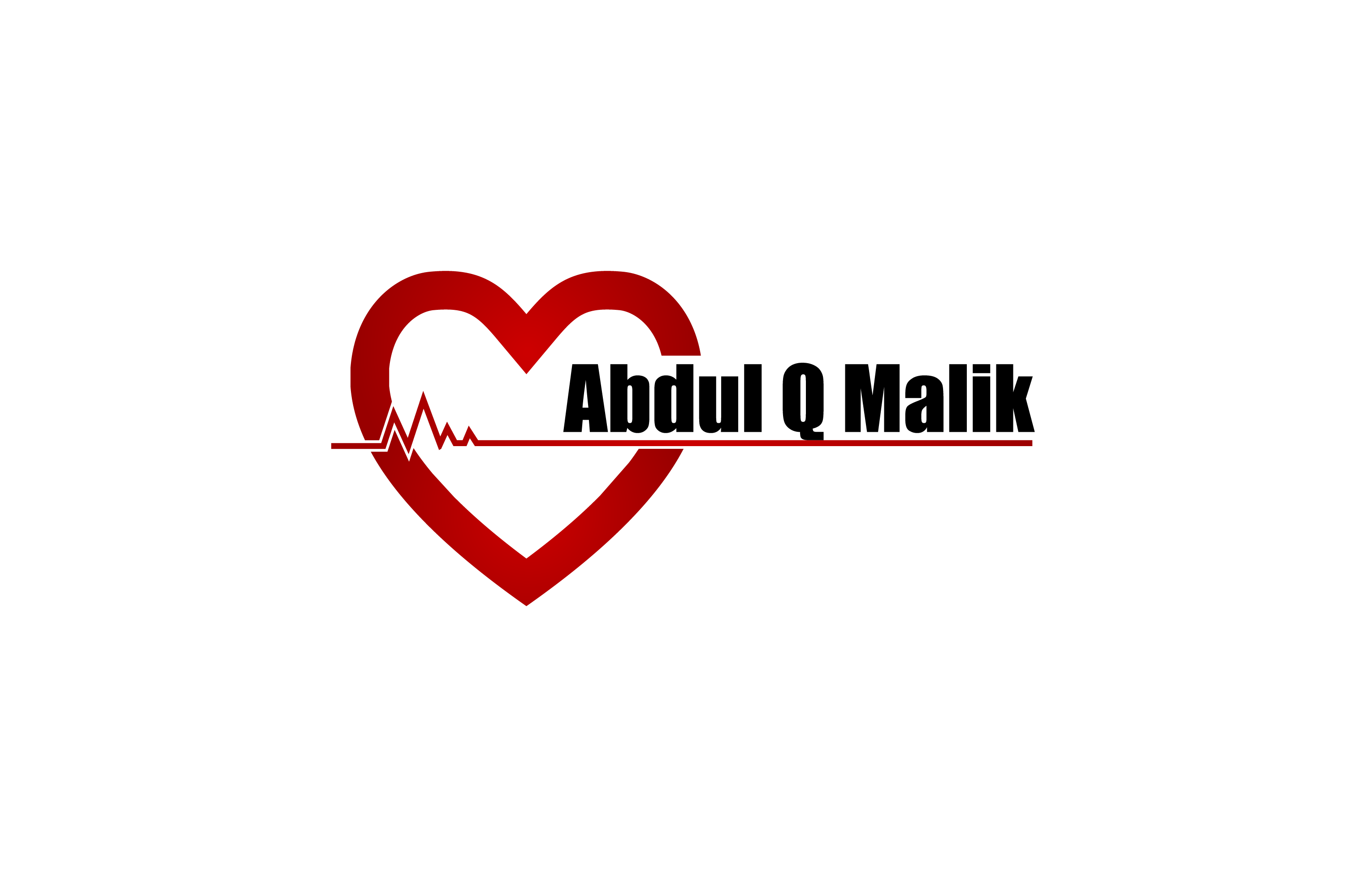Get Treated for Anemia in Brooklyn, NY
When you have anemia, it means that you do not have enough red blood cells, or that they are not healthy enough to carry a sufficient amount of oxygen to all parts of your body. This often results in fatigue and a number of other health problems. In America, it currently affects about 3.5 million people, and most everyone will have a mild form of it at some time in their life.
Causes
There are as many as 400 different forms of this disease, but it can be boiled to three main types, based on the basic cause. These three main causes are: loss of blood, lower production levels of red blood cells (or of deformed cells), and by the destruction of red blood cells.
Some things that can lead to one of these conditions include a wide variety of issues. It includes infections, an ulcer, some drugs – including some antibiotics, aspirin (which can cause an ulcer), severe high blood pressure, an autoimmune disease, spider or snake venom, and more.
Complications
When this disease is not treated, there can be some serious complications. Because there is not enough oxygen circulating in the blood, it can lead to severe fatigue. Another serious problem is that it can lead to heart problems, such as an irregular heartbeat (called arrhythmia), and this can cause an enlarged heart to develop, and possibly heart failure. It can also be fatal.
Symptoms
As the number of healthy red blood drops, the symptoms will become more serious. In general, the individual may experience fatigue, headache, irregular heartbeats, dizziness, cold hands or feet, and chest pain.
Risk Factors
Although it can affect anyone, some people have a higher risk. This includes those with some long-term illnesses (kidney disease, AIDS, diabetes, cancer, liver disease, and more), menstruation, pregnancy and childbirth, a diet low in vitamins, intestinal disorders, family history, and being over 65.
When to See a Doctor
In order to get properly diagnosed for this medical problem, you will need to have a blood test. The primary symptom to be concerned about is fatigue. When you are fatigued a lot of the time, this could be the problem. If you try to donate blood, and are told you cannot due to low hemoglobin levels, you also should make an appointment to see a doctor.
Treatment
Because the causes of the various types are different, the treatments for each type will also vary. Among the various treatments, patients may receive blood transfusions, iron supplements, B-12 shots, bone marrow transplants, immunosuppressant drugs, and blood-filtering. In the case of sickle cell anemia, patients may receive antibiotics, pain relief, oxygen therapy, a cancer drug, supplements, and blood transfusions.
Prevention
You can take some steps to help prevent the problem. The key is to eat healthy and have a diet that contains the following vitamins: iron, vitamin B-12, folate, and vitamin C. Taking a daily multivitamin (consult a doctor) can help. If there is a family history of inheriting this disorder, you should also consult a doctor.
Dr. Abdul Malik, MD is a specialist in Internal Medicine and can provide diagnosis and treatment for various types of anemia. He is also a Cardiologist that has trained many young doctors in several hospitals in the fields of Internal Medicine and Cardiology.

